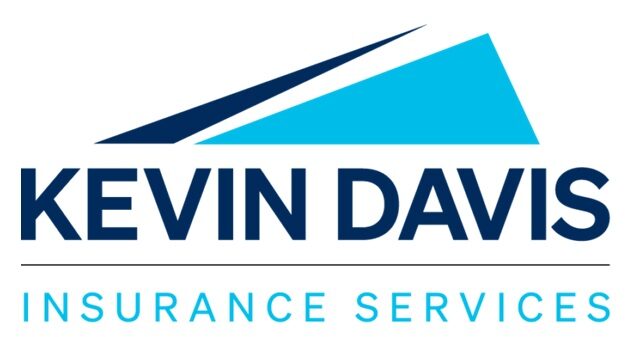
In the United States, there are over 370,000 homeowners’ associations, with over 53% of owner-occupied households belonging to an HOA. HOAs and other community associations are responsible for maintaining community safety and offering protection via insurance. Excess liability coverage is a form of insurance that community associations can use to cover claims with costs beyond the existing policy limits. Therefore, as an insurance agent, you have the opportunity to sell a policy that can help your clients get the best protection possible.
What Is Excess Liability Coverage?
Sometimes, standard community association insurance policies need to provide more protection. While excess liability insurance does not expand on an association’s current policy, it does give a higher dollar limit. The point of excess liability is to bridge the gap between a standard policy and the community association’s exposures.
For example, if an HOA has a general liability policy with a $1 million limit but faces a lawsuit and settlement of $1.5 million, the association would have to dip into other assets to pay the settlement. However, if the HOA had an excess liability policy that increased the limit to $2 million, then the group would have enough money to pay the settlement.
What Can You Expect Excess Liability Insurance to Cover?
Excess liability coverage is an add-on to existing policies. What it covers depends on the underlying policy. Three insurance policies can tack on excess liability, including:
- Commercial auto insurance: Commercial auto covers property damage and bodily injury when someone has an accident while driving a personal or company vehicle for job purposes.
- Employer’s liability insurance: Employer’s liability covers litigation costs if a business faces a lawsuit for injuries or illnesses not covered by workers’ compensation.
- General liability insurance: General liability covers personal, bodily, and property damage.
Note that if your primary insurance policy does not cover something, then excess liability won’t cover it, either. Likewise, excess liability only applies to a single policy. If you add excess liability to auto insurance, for example, it can only increase the limits on that particular policy.
What Is the Cost of Excess Liability?
All insurance policies have various costs, dependent on several factors. For instance, your excess liability insurance may depend on the following:
- Your location
- Your insurance provider
- Your policy limits
- Your underlying policy
- Your business
- Your length of time in business
- Your insurance provider
Typically, a higher limit means higher costs. Your client’s association’s risks will also determine if the price for excess liability coverage for community associations is high or low.
How Do You Know If Your Community Association Needs Excess Liability Insurance?
When your clients are choosing optimal insurance coverage for their association, they may ask themselves if excess liability is worth it. Therefore, they will likely consider their budget options first.
Excess liability coverage protects the association, but it also protects the residents. Negligence, disasters, and mismanagement can disrupt residents’ lives, and they could lose financial power in the process. Excess liability helps ensure that the association can cover the costs of any claims that arise from residents and also allows the association to send money on caring for residents.
About Kevin Davis Insurance Services
For over 35 years, Kevin Davis Insurance Services has built an impressive reputation as a strong wholesale broker offering insurance products for the community association industry. Our president Kevin Davis and his team take pride in offering committed services to the community association market and providing them with unparalleled access to high-quality coverage, competitive premiums, superior markets, and detailed customer service. To learn more about the coverage we offer, contact us toll-free at (855)-790-7393 to speak with one of our representatives.


